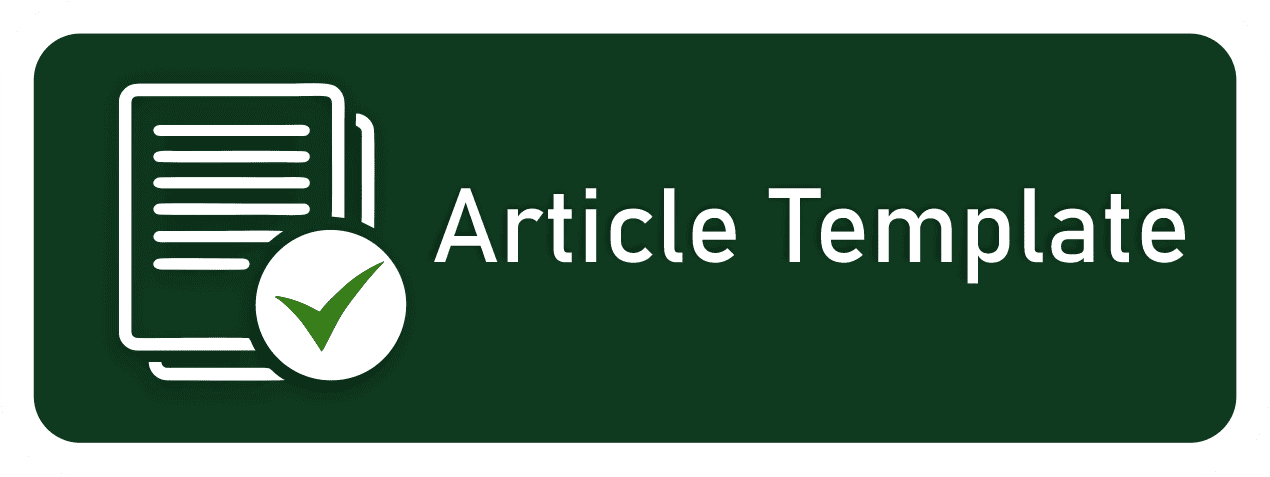REDESAIN KURIKULUM PENDIDIKAN TINGGI ISLAM: STRATEGI DALAM MENYONGSONG ERA REVOLUSI INDUSTRI 4.0
Abstract
Keywords
Full Text:
PDFReferences
Coklar, A. C., & Sahin, Y. L. (2014). Technology Literacy According to Students: What is it, Where are We and What Should We Do for Parents and Children? Turkish Online Journal of Qualitative Inquiry, 5(2), 27–34.
Hallissy, M., Butler, D., Hurley, J., & Marshall, K. (2016). Redesigning Education: Meeting the Challenges of the 21st Century. Australia: St Patricks College.
Lalima & Dangwall, K.L. (2017). Blended Learning: An Innovative Approach. Universal Journal of Education Research, 5(1), 129–36.
Lavanya, B., Shylaja, B.S., & Santosh, M.S. (2017). Industry 4.0- The Fourth Industrial Revolution. International Journal of Science, Engineering and Technology Research, 6(6), 1004–1006.
Maba, W. (2016). Kurikulum Sarjana Berbasis KKNI Mengubah Mindset Pengajaran menjadi Pembelajaran. Jurnal Bakti Sarawati, 5(1).
Matthews, P. (2016). Data Literacy Conceptions, Community Capabilities. The Journal of Community Informatics, 12(3).
Mawardi, H. (2016). Globalisasi dan Kurikulum Berbasis KKNI. Jurnal Safina, 1(2), 1–10.
Medina, L. C. (2018). Blended Learning: Deficits and Prospects in Higher Education. Australasian Journal of Educational Technology, 34(1), 42–56.
Mozelius, P., & Hettiarachchi, E. (2017) Critical Factors for Implementing Blended Learning in Higher Education. ICTE Journal, 6(1), 4–18.
Nasir, M. (2018). Kebijakan Nasional Pendidikan Tinggi Indonesia Menghadapi Era Revolusi Industri 4.0. Jakarta, Maret 2018.
Nuryatno, M. A. (2017). Kritik Budaya Akademik di Perguruan Tinggi. The Journal of Society & Media, 1(1), 35–42.
Pooworawan, Y. (2015). Challenge of New Frontier in Learning: Education 4.0. Bangkok: Chulalongkorn University.
Puncreobutr, V. (2016). Education 4.0: New Challange of Learning. St. Theresa Journal of Humanities and Social Sciences, 2(2), 92–97.
Rojko, A. (2017). Industry 4.0 Concept: Background and Overview. International Journal of Interactive Mobile, 11(5), 77–90.
Setiawan, D. (2017). Validators View in the Implementation of Curriculum Oriented on the Indonesian National Qualification Framework (KKNI) Social Science Faculty, State University of Medan (Unimed) Medan, Indonesia. Journal of Humanities and Social science, 22(12), 66–72.
Thai, H. V., & Anh, M. A. L.T. K. (2017). The 4.0 Industrial Revolution Affecting Higher Education Organizations’ Operation in Vietnam. International Journal of Management Technology, 4(2), 1–12.
Yahya, M. (2018). Era Indistri 4.0: Tantangan dan Peluang Perkembangan Pendidikan Kejuaran Indonesia. Pidato Pengukuhan Jabatan Profesor Bidang Ilmu Pendidikan Kejuruan. Sidang Terbuka Luar Biasa Senat Universitas Negeri Makassar. Makassar: Universitas Negeri Makassar, 14 Maret 2018.
DOI: http://dx.doi.org/10.22373/jm.v8i2.3224
Refbacks
- There are currently no refbacks.
Copyright (c) 2018 Jurnal MUDARRISUNA: Media Kajian Pendidikan Agama Islam

This work is licensed under a Creative Commons Attribution-ShareAlike 4.0 International License.
The Jurnal MUDARRISUNA: Media Kajian Pendidikan Agama Islam (ISSN 2089-5127, e-ISSN 2460-0733) is published by the Center for Research and Community Service (LP2M) Universitas Islam Negeri Ar-Raniry Banda Aceh, Indonesia. Copyright © 2022 Author.

This work is licensed under a Creative Commons Attribution-ShareAlike 4.0 International License.











